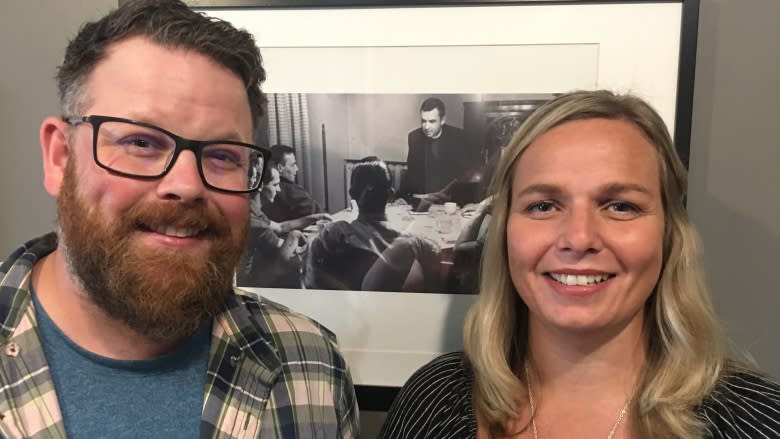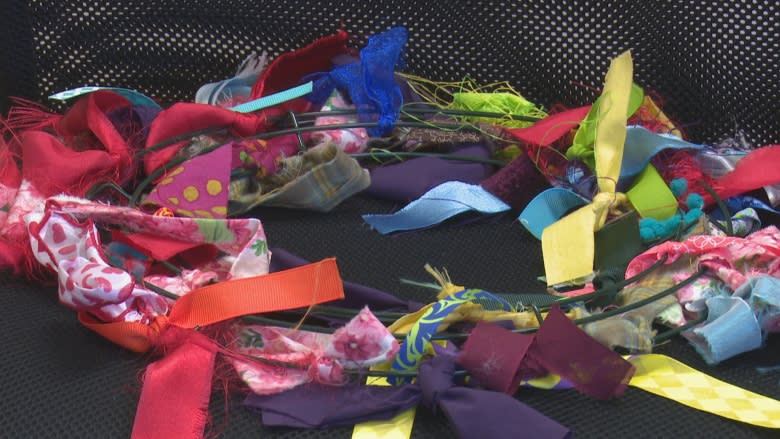'Victims in their own way,' St. Leonard's to support families of offenders
When crimes happen, many offer sympathy to the victims and their families. But that sympathy doesn't usually extend to the family of the perpetrator.
About five years ago, two women had family members who were sentenced to federal prison around the same time. They struggled to navigate the system, said Jen Graham, a case worker at St. Leonard's House, because there's no handbook for what to do when a family member goes to prison.
St. Leonard's House is a non-profit organization in downtown Windsor that offers support to male offenders and families.
Recently, new funding has provided them the opportunity to split support groups for families into three — one for mothers, one for significant others and one for offenders who need to reconnect to society after their release.
'Victims in their own way'
The two women who were the first members of the support group still attend.
"The family members themselves are not usually identified as victims," said Graham. "They are not the direct victim of the offences, but are victims in their own way."
She said while there are services available for victims, their families and crime witnesses, families of offenders are typically not eligible for them.
St. Leonard's is offering this support group as a safe space for people to talk and to help those who don't know what to do in their situation.
"It's tough to know how to even process when a loved one commits a terrible crime, because you love them deeply and you can't reconcile the person you know with person who committed the offence," said Rev. Rielly McLaren, a community chaplain at the organization.
'They've been mistreated by the public'
There are some women who will come to the support group and cry for months without saying a word. One woman drives five hours to go to the group because there is nothing like this where she lives.
St. Leonard's operates these groups on the principles that it's confidential, judgment-free and without any set meeting agenda.
Neither McLaren or Graham repeat what is said in the room to anyone, not even parole officers or the perpetrators.
McLaren said they want to bring hope because people attending the group have often been ostracized.
"They've been fired from their jobs. Their homes have been vandalized. They've been mistreated by the public because they're the closest to the offender in the community is hurting, and the community is angry."
The support group is open to everyone and the facilitators said there is room for more people to join.
However, anyone who wants to attend will have to respect the rule about passing no judgment — because the crimes involved can range from violent and sexual crimes to theft and drug crimes.
McLaren said the primary focus is to give support for all people who have been harmed because of crime.
"It's like throwing a stone in a pond, it just sends these ripple effects in every direction," he said. "But when we can actually care for all those areas of harm, it doesn't take away from caring for people have been directly hurt."




